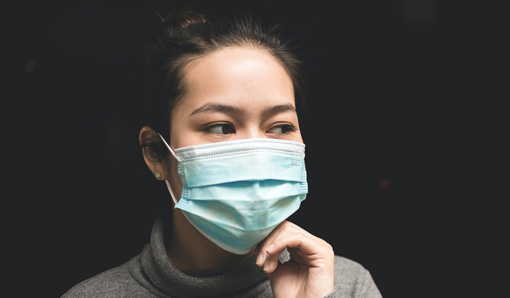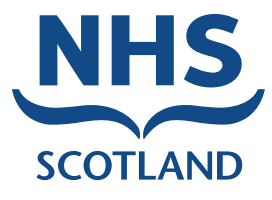The importance of not touching your face

Why do we touch our face so often? And how to try and stop it!
Studies have shown that on average humans touch their face around 23 times per hour. This is often a subconscious action; we are hardwired to do it, it is part of our DNA. Even foetuses in utero touch their faces, so every time you tell yourself "don't touch your face, don't touch your face" you are telling yourself to do something entirely unnatural.
As humans, we touch our face all of the time. To scratch an itchy nose, to wipe food from our mouths, we rub our eyes when we are tired; and to simply touch our face - as for many of us, it has a calming effect.
In social species, across the lifespan, touch plays a central role in the formation and maintenance of relationships. Between an infant and caregiver, within primate hierarchies and in romantic relationships, tactile interactions are rewarding, buffer physiological and psychological responses to stress and ultimately enhance well-being. In humans, we have nerves in the skin call C-tactile afferents and these nerves respond to the reward associated with self-touch, so when we touch our face, we lower our stress levels. Also, when we touch our faces, we activate certain pressure points which then activates something called the parasympathetic nervous system which is the thing that makes us calm ourselves down internally. We see the same response in other species such as cats and dogs when they want to calm themselves or relax.
Is touching our face so often as issue?
Touching our face doesn't usually pose much threat, however, due to the Covid-19 global pandemic, in doing so we are increasing our risk of catching the virus. From picking up objects to turning doorknobs, we're constantly touching surfaces contaminated with pathogens. These pathogens can be picked up by our hands and get into the body through mucous membranes on the face, eyes, nose, and mouth that act as pathways to the throat and lungs.
The coronavirus that causes Covid-19 is believed to be spread mostly by inhaling droplets released when an infected individual coughs or sneezes. But these droplets can also land on surfaces that we touch with our hands. When we put our hands on our face, we are giving the pathogens an opportunity to enter our body. This is why it so important that we all keep washing our hands for at least 20 seconds each time. Rubbing our hands with an alcohol based hand sanitiser is OK and helps to kill the virus, but washing with regular soap and water is so much better; and here is why the virus is a self-assembled nanoparticle in which the weakest link is the lipid (fatty) outer layer. Soap dissolves the fat membrane and the virus falls apart like a house of cards and dies (becomes inactive).
So how do we stop touching our face so often?
Ironically, the increased stress and anxiety people are facing at present due to the pandemic, means we are much more likely to touch our face more frequently as a means to calm and reassure ourselves. For some, it will be near on impossible to not touch your face. But now more than ever, it is really important that we each find a way of reducing or even stop touching our faces.
- For those that wear contact lenses, switch to wearing glasses to prevent unnecessary face touching
- For those that wear make-up, reduce or stop wearing make up at all
- Create habits where you use your hands, for example if you normally sit with your head resting on a hand, try and sit with clasped hands on your laps instead
- If you bite your nails, clip them short so there is nothing to bite
- Carry something in your hand like a stress ball, as a reminder not to touch your face, keep your hands active!
More helpful tips on how to stop touching your face...
- Doodle
- Knit
- Turn a coin
- Play a game
- Text an old friend
- Spin a pen
- Peel an orange
- Read a book
- Solve a rubik's cube
- Fidget





